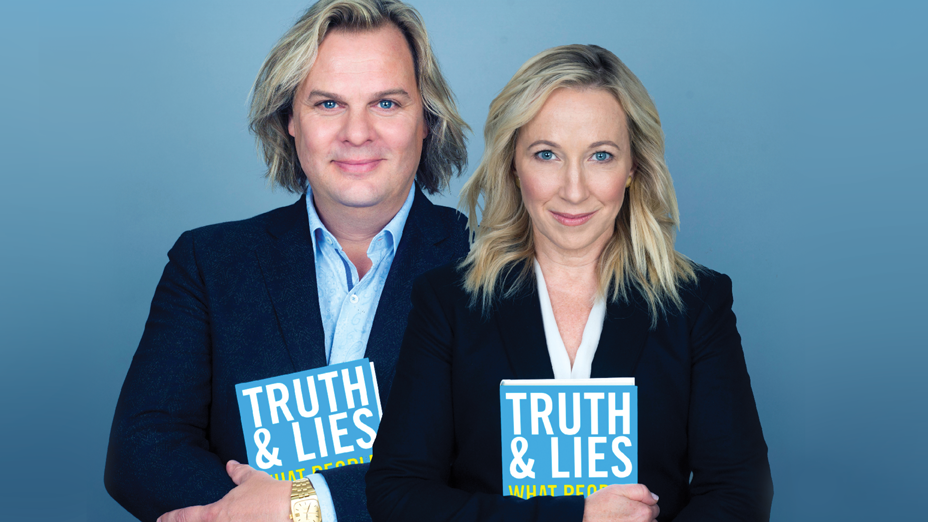Working life never ceases to be a cause of stress. Deadlines, responsibilities, the rigours of maintaining excellence and high performance; and just too many items to action that we are always chasing to catch up with are some of the pressures that over time have the potential to really get us down and feeling tired, overworked, and super stressed. All this can really knock our sense of confidence and our sense of self-worth, making us feel small. So how can we use our body language to build ourselves big again, manage stress, make ourselves feel more confident, become more calm and assertive and in so doing, always come across as trustworthy and credible?
When we feel small and unconfident, our body language can often display these feelings to others, as we will often minimize our size and impact by displaying submissive body language. Submissive body language is characterized by gestures that make us look like we are caving in, defensive, reclusive or indecisive — in short, body language that makes us look powerless. Submissive body language shows that we do not want to take the power position, nor do we want to be in control… when the reality may be entirely the opposite!
Submissive body language where we appear that we are taking up less space and looking small may also have us making less noise. We take up as little nonverbal real estate as possible, be it physical, aural, or temporal. When we are more confident not only do we often take up more physical space but we also maximise the volume of the sounds that we make and the time we take up with all of this. In a meeting this will come across as “speaking up” or “getting our point through” but of course at the overly confident or dominant end of the spectrum it can come across as “hogging the air space”.
Of course context is key to all body language and so submissive body language can appear more extreme when seen next to someone exhibiting more dominant body language, gestures that take up space, sound and time. If someone is moving loudly and decisively through territory over sustained periods, you’ll notice them; so the opposite, the submissive body language, may appear as more extreme in relation to that. Some of these gestures are: cringing, which looks smaller and non-threatening; head bowing; wide eyed innocent “startled” staring of the freeze, flight, fight, faint system; hunched shoulders of fear or passiveness; we may even look physically unbalanced, like we could be pushed over. Crossed, defensive postures can also trigger others into feeling you are submissive or indecisive. When you cross your body you hinder your ability to move, and therefore although you may feel less vulnerable, you may look to others and even feel in yourself more passive. Not a great position to be assertively negotiating from!
Add to this the physical and psychological impact of always holding and staring down at our smartphones, and there is the opportunity to compound the effect of giving off passive or submissive body language. Body language expert and TED Talk sensation Amy Cuddy explains a correlation between the bad posture so many of us experience from using smartphones — what she calls iPosture, also referred to as iHunch by New Zealand physiotherapist Steve August — and the psychological damage and changes in behavior that result. Citing studies that link depressed postures to lower self-esteem and mood, greater fear and more negative verbal reactions to questions, Cuddy’s research finds that the “slouchy, collapsed position we take when using our phones actually makes us less assertive — less likely to stand up for ourselves when the situation calls for it,” and she recommends we counter these physical effects with exercises and stretches… or trips to the osteopath! The good news is that there are some things that we can quite simply and effectively do for ourselves.
So with all the stress, overwork, pressure to be responsive and accompanying postures forcing you into looking and feeling submissive and non-assertive, let’s look at how you can counter these postures, assert yourself through your body language, help yourself regain your calm, shed the stress, and show colleagues and employers that you are capable, trustworthy and credible. Here are three top tips that you can do right now:
1. Take Space
Try taking up more physical space. First off, sit up straight. If you are at a table, move your chair back 6 inches so you are showing off more of a physical presence to others at the table. Place your hands on the table so that you are taking up more territory as well. Place your smartphone on the table and push it away from you to take up even more territory and also to keep yourself from reaching for it and hiding away with it. You can even stand up sometimes when you are speaking or making important points.
2. Torso Talk
Place your hands in what we have trademarked the TruthPlane, the horizontal plane that extends 180 degrees out of your navel area. Bringing the audience's unconscious attention to this vulnerable area of your body makes them feel that you are very confident. By assuming this physicality, you will feel confident too! And by showing your palms open with nothing in your hands to let others know that you mean no harm and are speaking for their benefit you will also feel more open and commanding while still giving a universally recognised 'friendly' gesture.
3. Reveal Yourself
Avoid having your hands at mouth level when speaking, for example when sitting at a table with your chin in your hands, often a physical symptom of feeling stress and pressure weighing us down and making us look more passive or submissive. We lip read more than we think, and when the picture of the words is taken away it becomes harder to verify the language. The audience will perceive or create negative feelings about your intentions — in the absence of information, we 'make it up' and always lean towards the negative to prepare for the worst when theorising about the inner thoughts of others. And by covering yourself up and minimising the space you take you may compound the feeling that you have nothing worth saying in the first place!





.png)

.jpg)


What Did You Think?